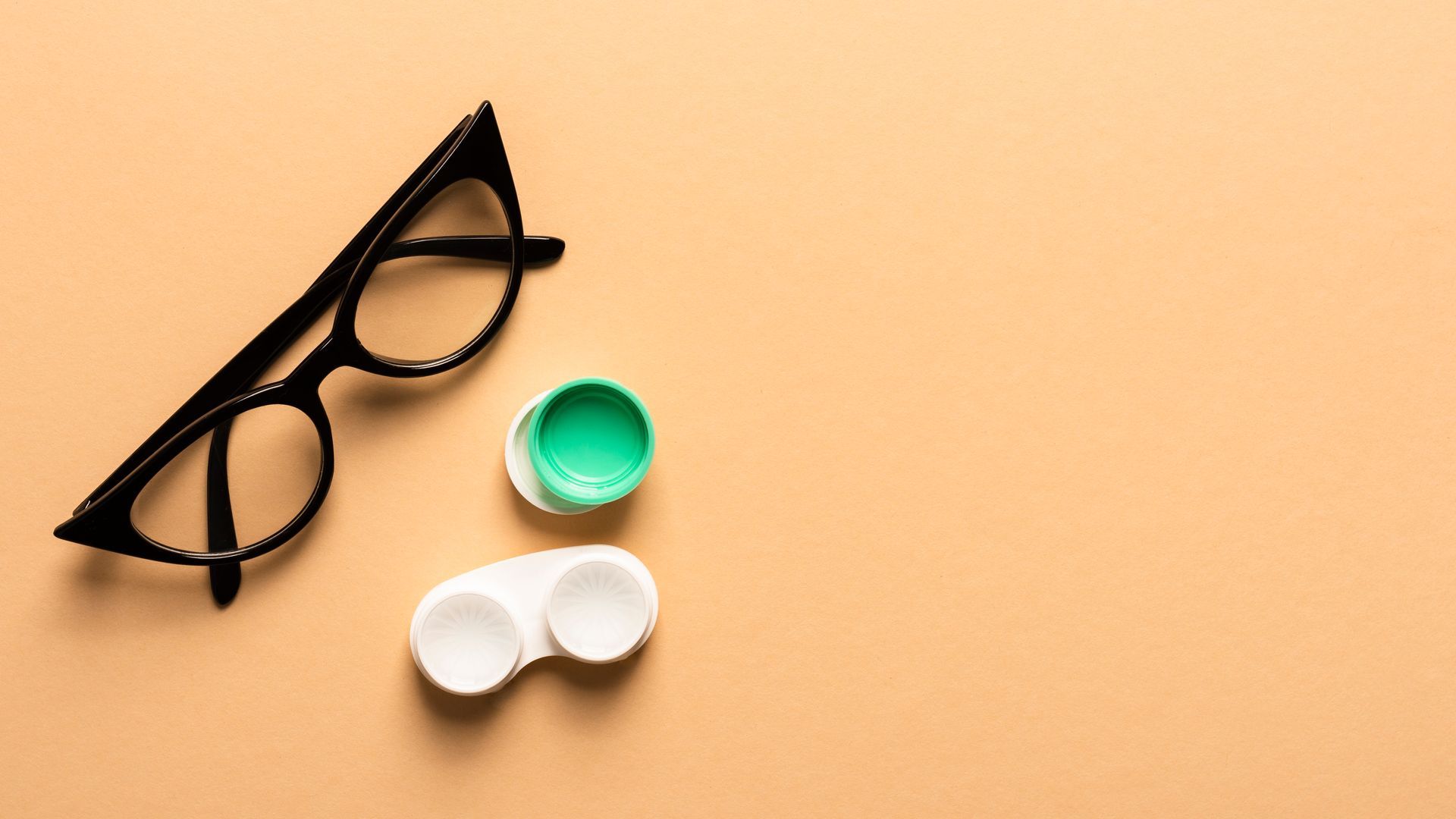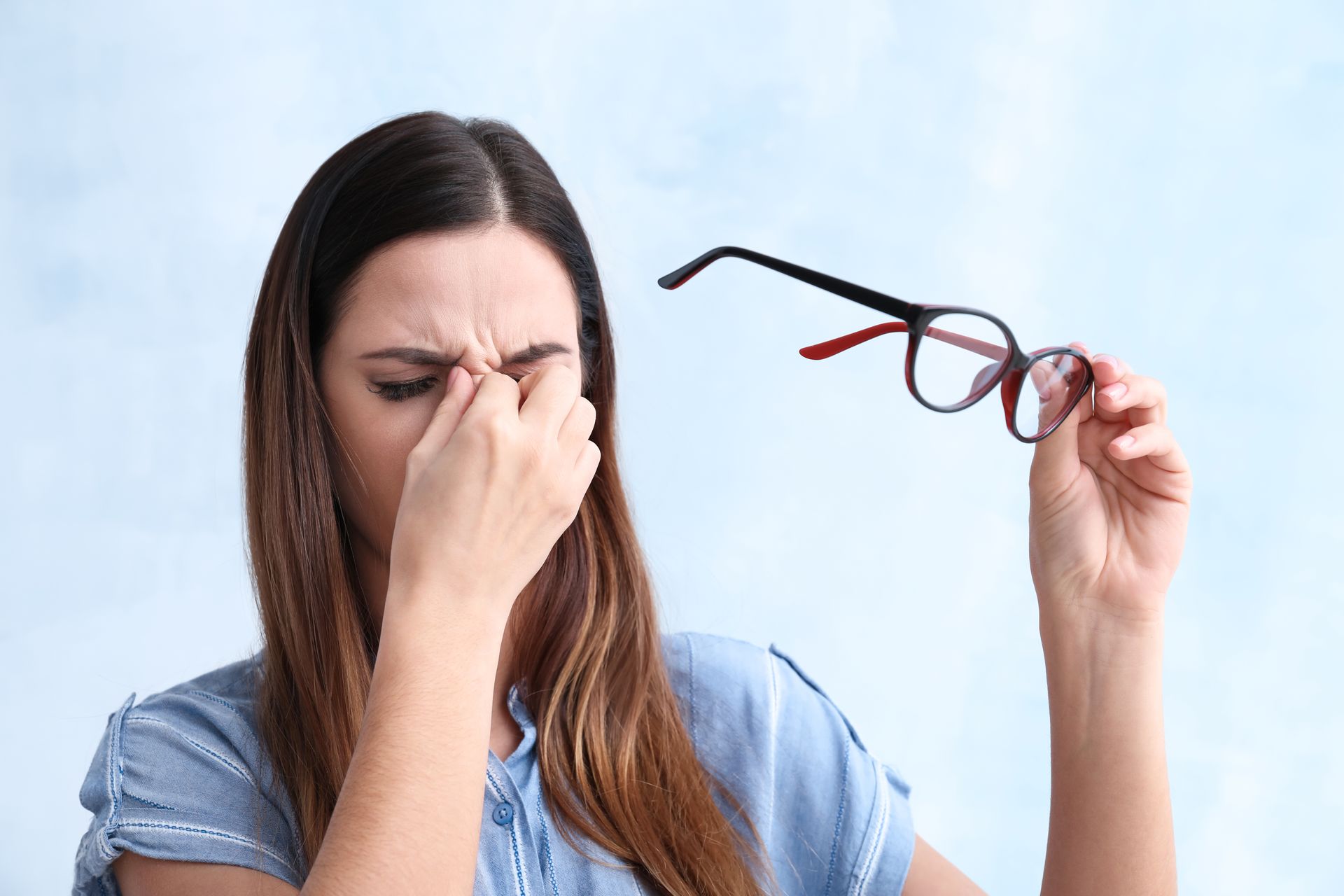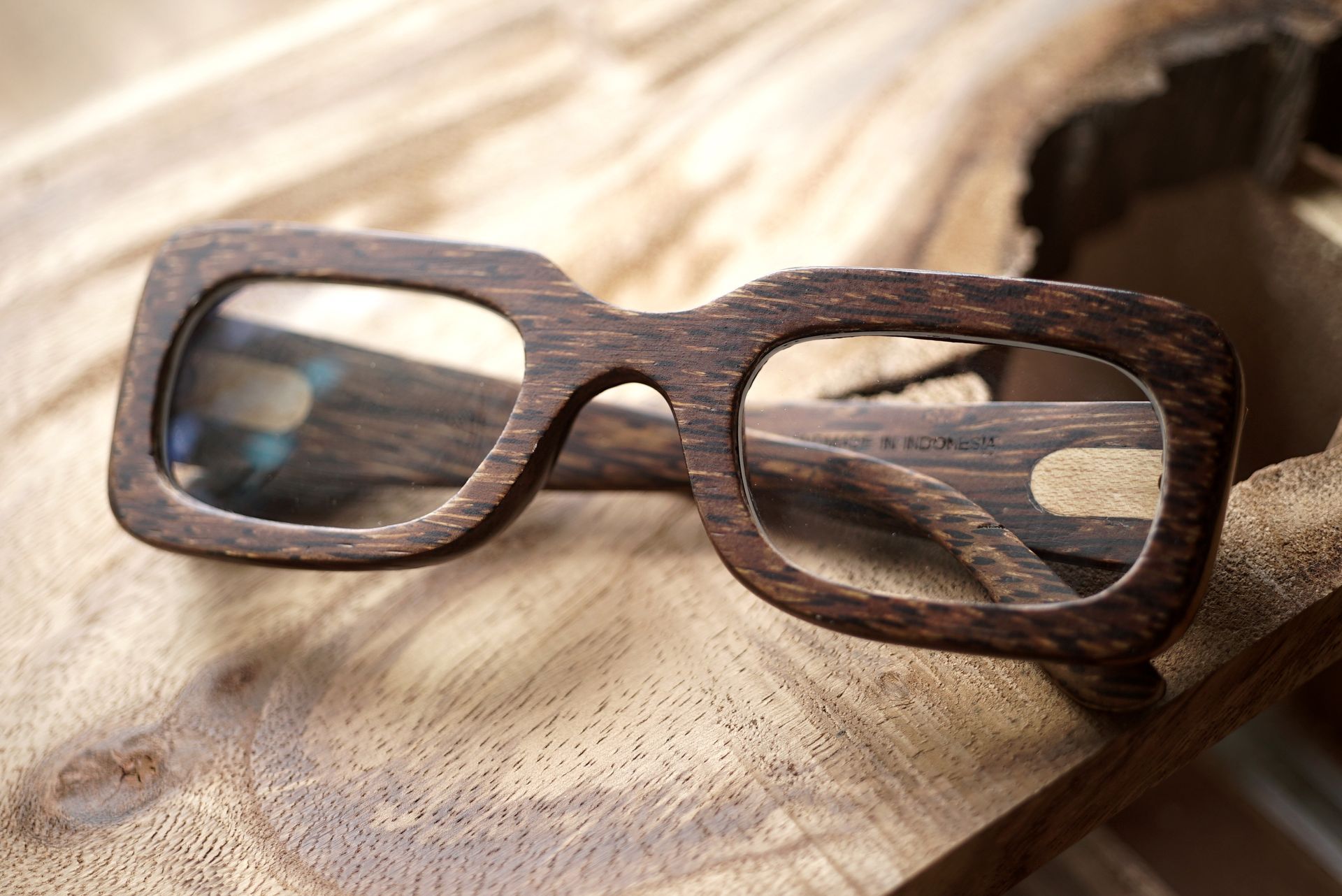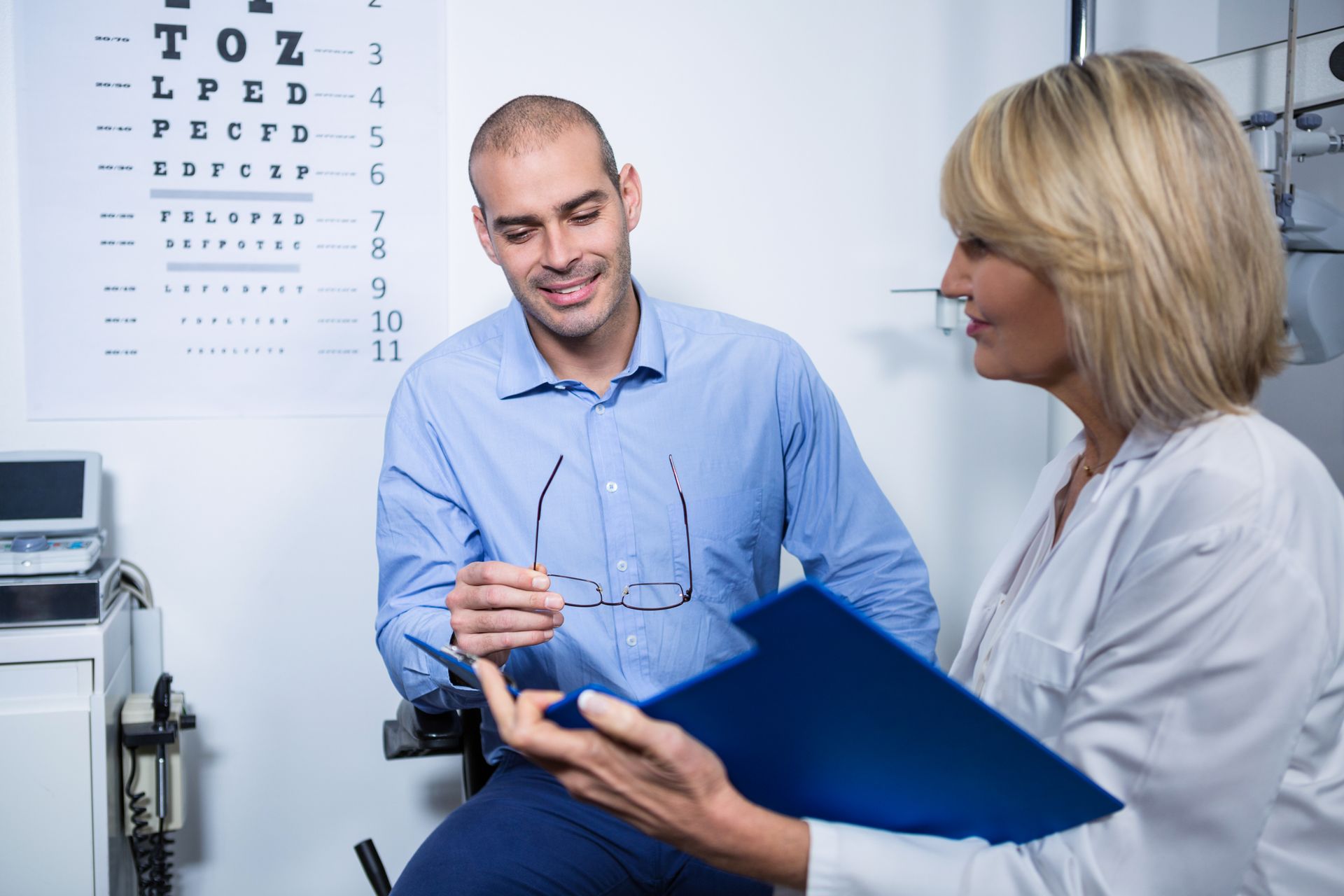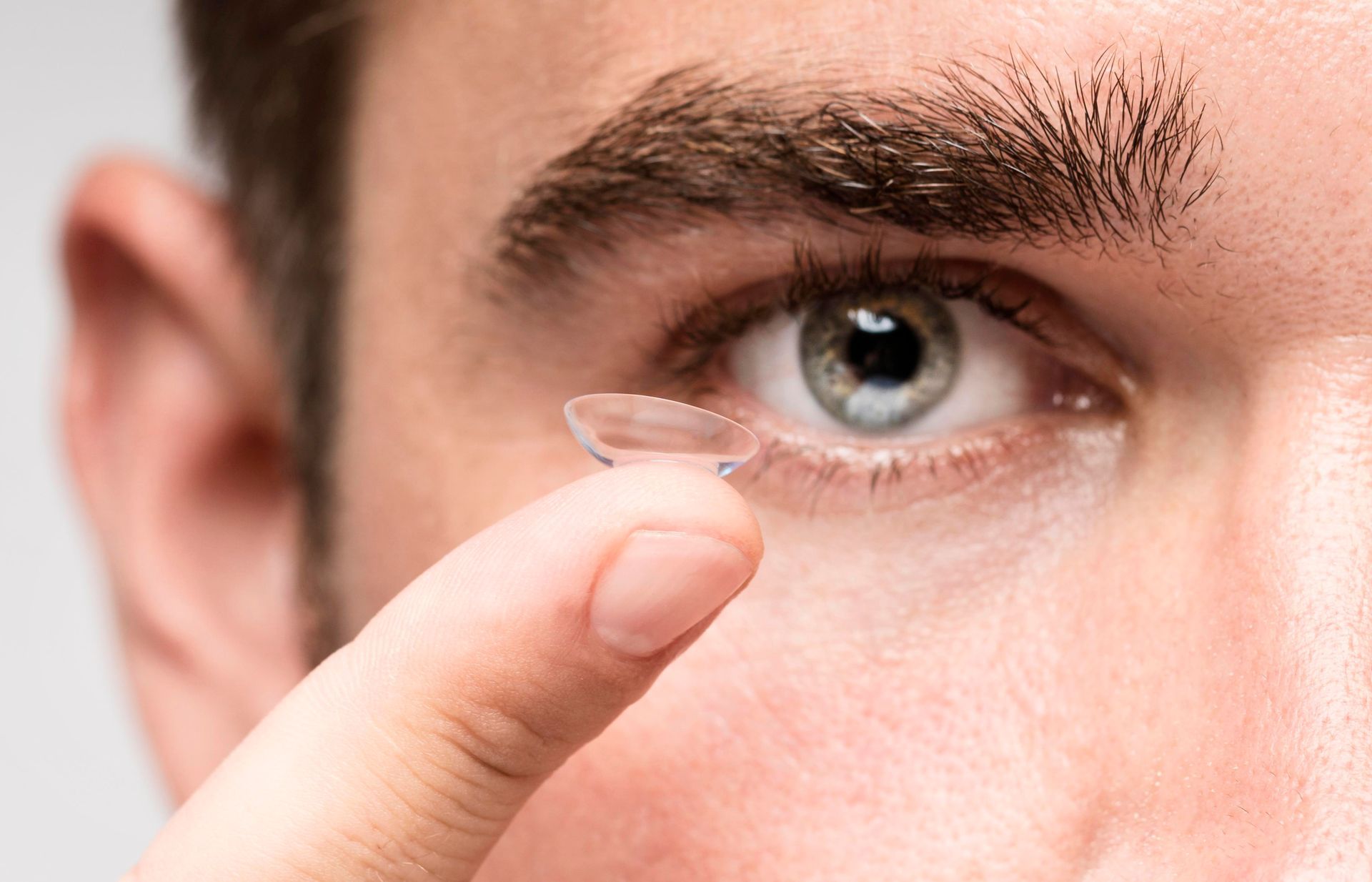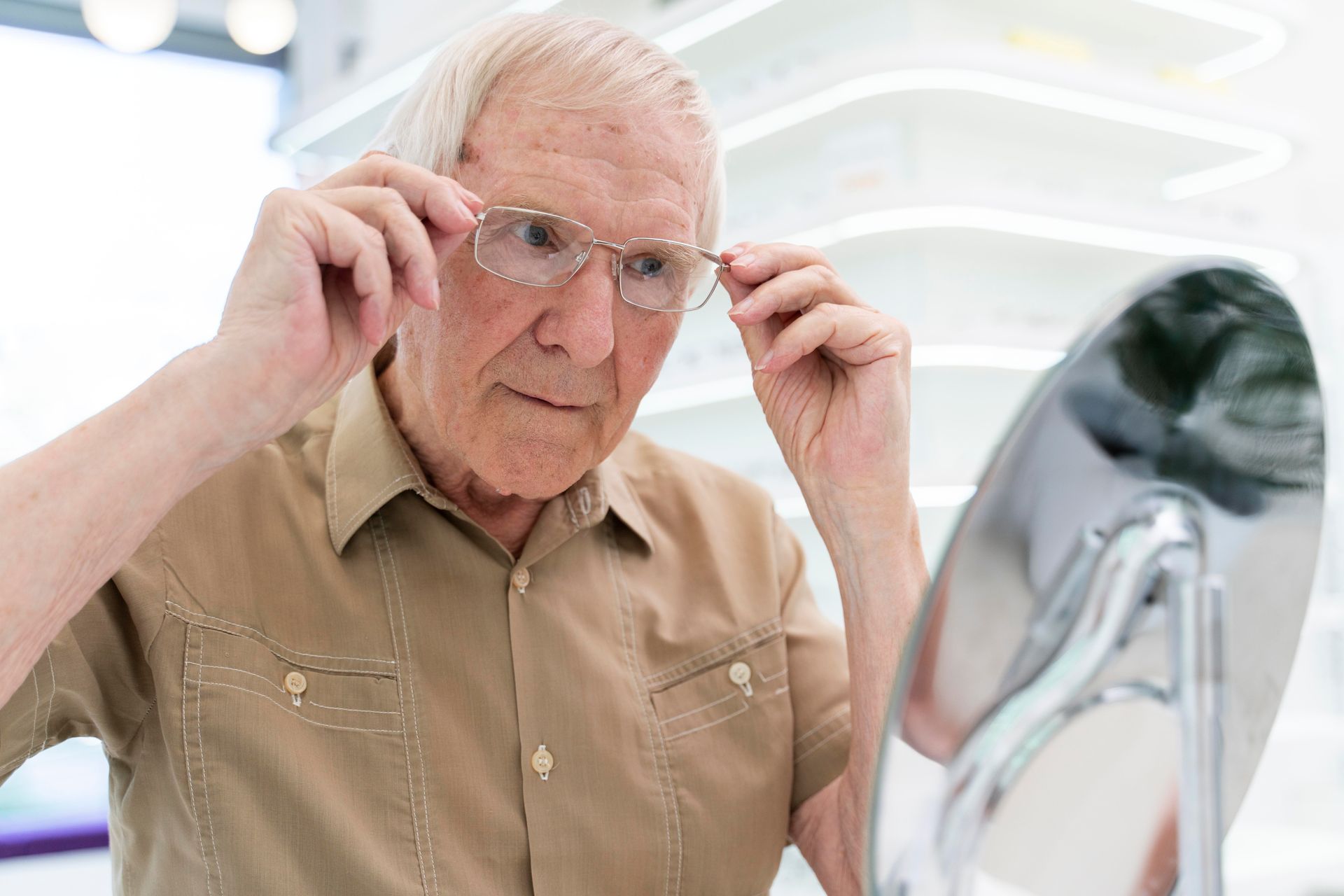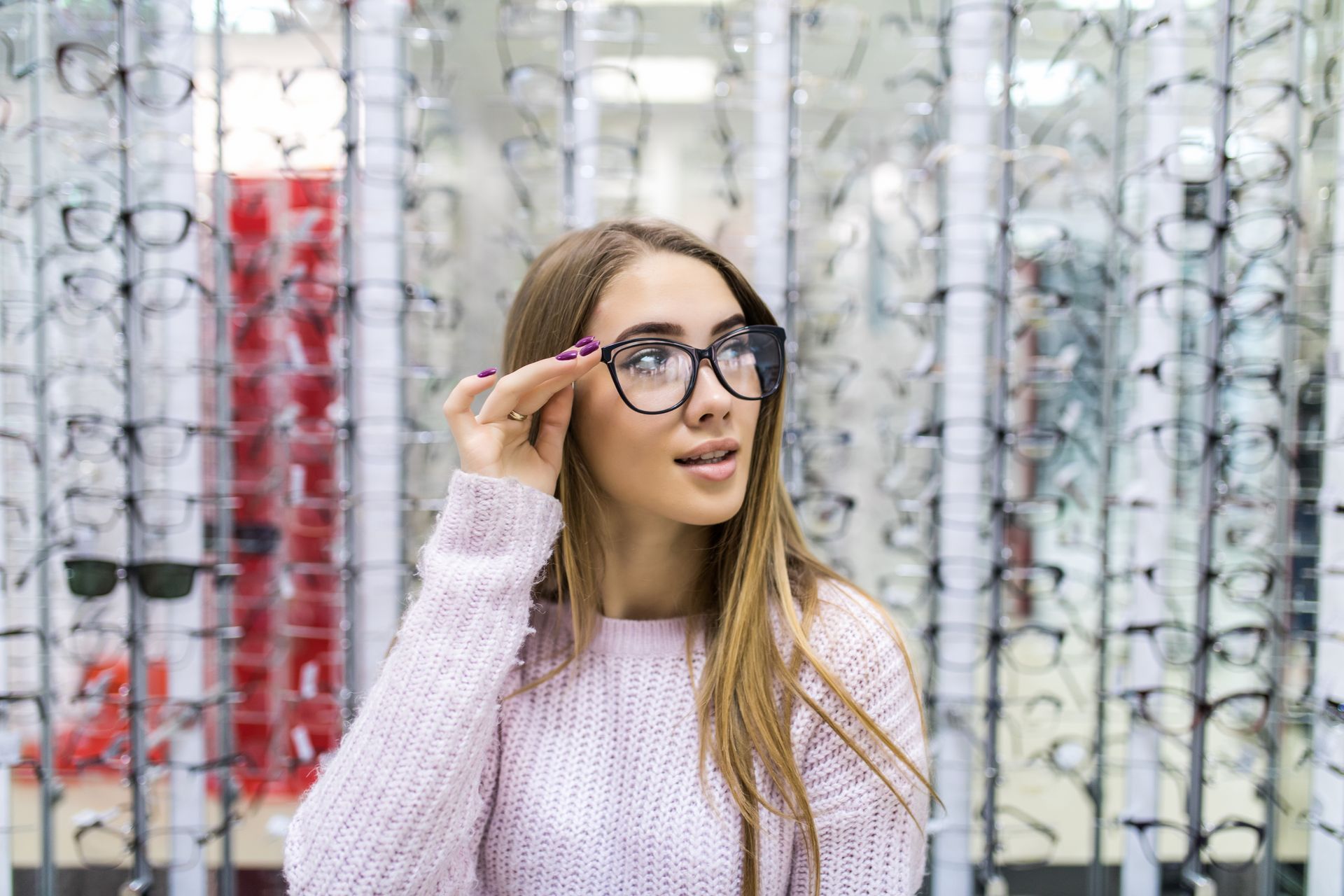What to Expect During a Comprehensive Eye Exam
A comprehensive
eye exam
is vital for preserving your vision and protecting your overall health. During this routine checkup, an optometrist will assess various aspects of the eyes and look for any signs of conditions or infections that can cause vision loss or other serious complications. It is important to be prepared for a comprehensive eye exam so that you can get the most out of your visit with the optometrist.
Preparing For Your Appointment
Before you come in for your eye exam, it’s best to have a few things ready and available. First, make sure to book an appointment ahead of time so that you don’t have to wait in line on the day of the appointment. You should also bring along a list of any medications that you are currently taking in order to discuss them with your optometrist. Additionally, if you wear glasses or contacts, it is helpful if you bring those along as well.
Tests During the Exam
• Visual Acuity Test: This test helps determine how sharp or blurry your vision is. The doctor will ask you to read letters from an eye chart while sitting at a certain distance away from it.
• Refraction Test: This determines what type of glasses or contacts lenses may be right for correcting any impairments in one’s vision. During this test, the optometrist will ask you to look through different lenses and pick which ones are clearest.
• Slit Lamp Exam: This procedure uses a special microscope called a slit lamp which magnifies areas on and around the eyes so that doctors can check for any irregularities such as dry spots on the cornea and cataracts in lens tissue.
• Pupil Dilation Test: The pupils are dilated with special drops, allowing doctors to get an even better view inside each eye during their examination
• Glaucoma Test: An instrument called tonometer is used to measure pressure inside the eyes while additional measurements can help detect early signs of glaucoma before symptoms appear.
Finally, once all these tests have been conducted, the results are discussed with patients, so they know exactly what kind of care they need going forward in order to protect their vision and overall ocular health.
After Your Examination Is Completed
In conclusion, getting regular comprehensive eye exams is an essential part of maintaining good overall ocular health. If there's anything else we can do at Wally's Optical here to help ensure optimal vision health , please do not hesitate to contact us — our team would love to hear from you



